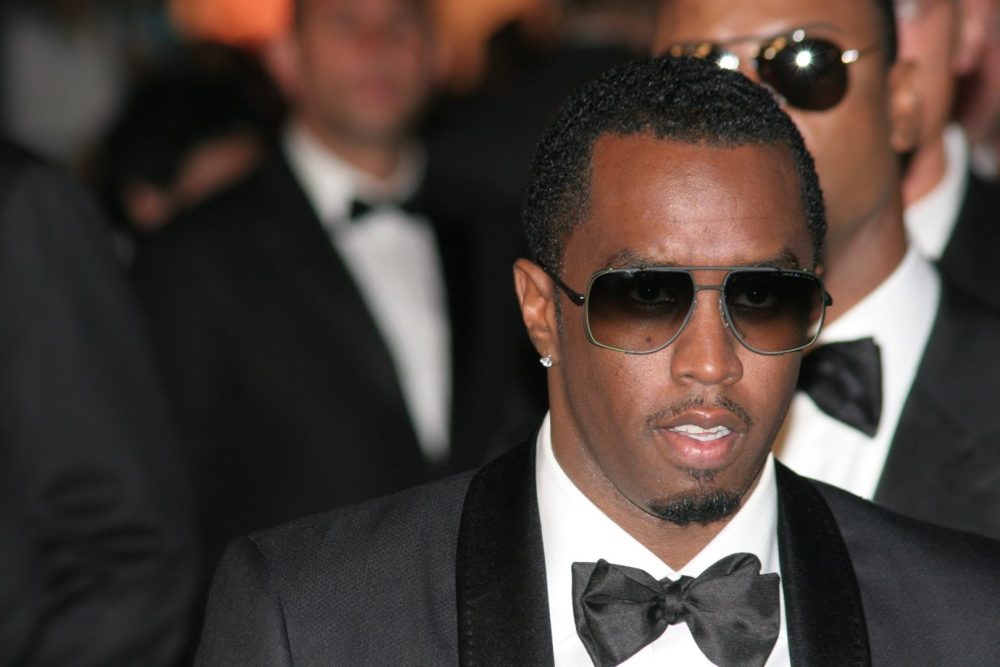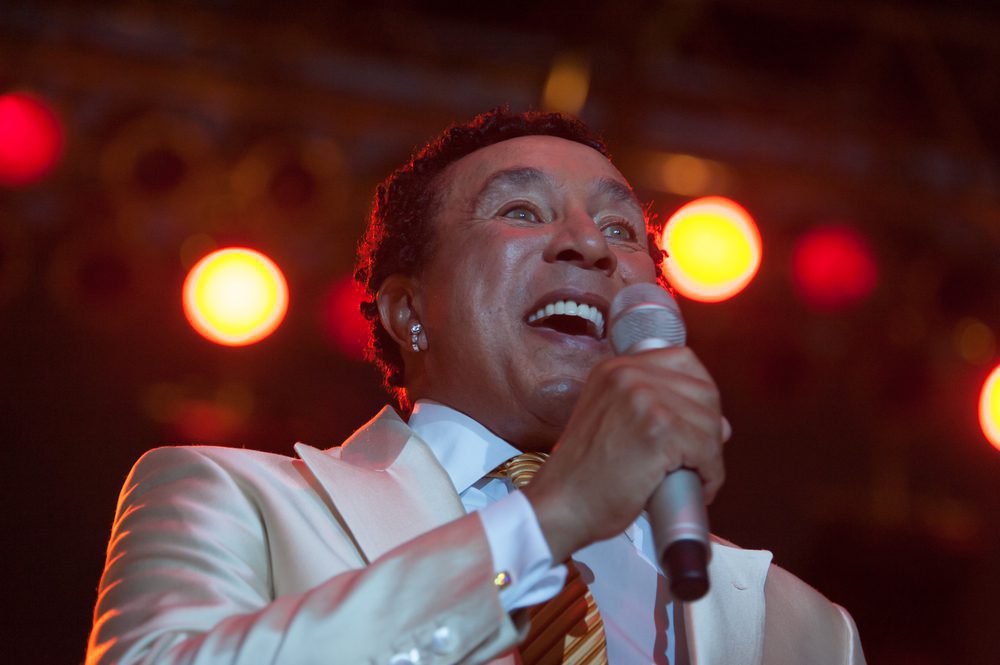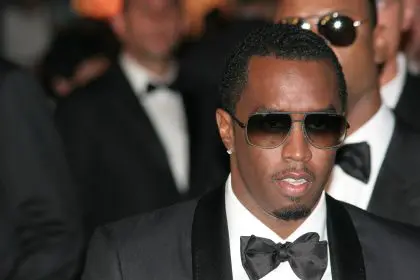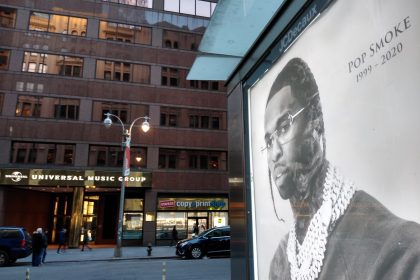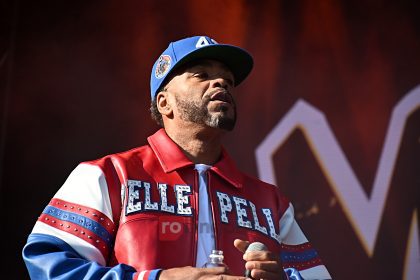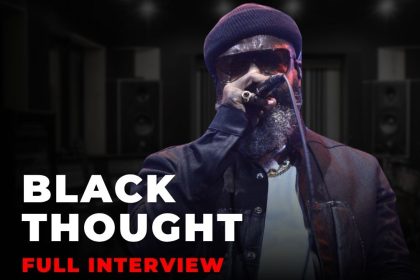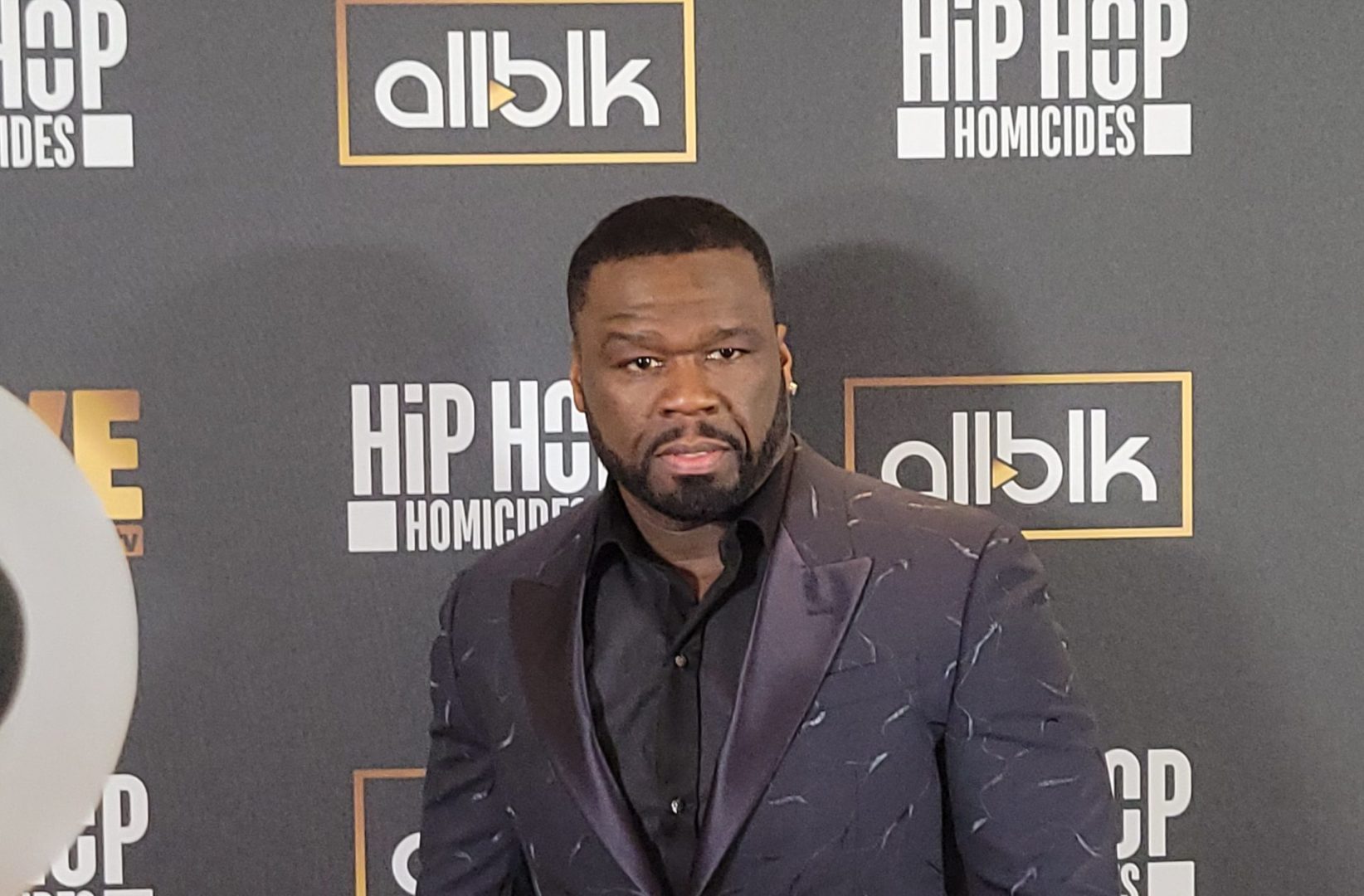Sean Combs, widely recognized as Diddy in the entertainment industry, has initiated legal proceedings seeking $50 million in damages against several prominent entities, marking a significant escalation in his ongoing battle against what he describes as orchestrated defamation. The lawsuit, filed in New York courts, targets media organization NewsNation and his former legal representative Ariel Mitchell among others.
Understanding the complex legal landscape
The legal action emerges from a complex web of allegations that have surfaced in recent months. At the center of these claims stands Courtney Burgess, who identifies herself as a veteran of the music industry. Burgess has made several assertions regarding the existence of potentially damaging materials, including what she claims to be documentation from Kim Porter, Diddy’s former partner who passed away.
These materials allegedly contain sensitive information that Burgess suggests could impact Diddy’s reputation significantly. However, the legal team representing the music mogul maintains that these claims lack any factual basis and appear designed to inflict deliberate harm on their client’s standing in both personal and professional spheres.
The severity of allegations and legal implications
The lawsuit specifically addresses several serious accusations that have been circulated through various media channels. Among the most concerning claims challenged in the legal filing are statements made during a broadcast interview in September 2024, where Mitchell allegedly made implications about Diddy’s involvement in inappropriate content featuring minors.
The legal team argues that such statements carry particularly severe implications, not only for Diddy’s public image but also for his ability to receive fair treatment in upcoming legal proceedings. They contend that these allegations could potentially influence future jury selections and compromise the integrity of legal processes that may arise.
Media responsibility and verification protocols
This case brings to light critical questions about journalistic responsibility and the protocols media organizations employ when handling sensitive allegations. The lawsuit emphasizes the need for thorough fact-checking processes, particularly when dealing with high-profile cases that can have far-reaching consequences.
The rise of digital media platforms has fundamentally altered how information spreads, creating new challenges for both public figures and media organizations. This situation highlights the delicate balance between rapid news dissemination and the necessity for accurate reporting, especially when dealing with potentially defamatory content.
Broader implications for media landscape
The lawsuit represents more than just a legal battle between a celebrity and media entities. It raises fundamental questions about the responsibilities of news organizations, journalists and legal professionals when handling sensitive information. The case could potentially establish new precedents for how similar situations are handled in the future, particularly in an era where information can spread globally within minutes.
The legal proceedings also underscore the evolving nature of defamation cases in the digital age. As social media platforms and online news outlets continue to shape public discourse, the need for clear guidelines regarding the verification and publication of potentially damaging allegations becomes increasingly important.
Future developments and potential outcomes
As this legal battle unfolds, several key developments will likely emerge that could shape both the immediate case and future similar situations. The legal team representing Diddy has indicated they will present substantial evidence to counter the allegations made against their client. This process may involve extensive documentation and testimony from various sources within the entertainment industry.
The outcome of this case could potentially influence how media organizations approach similar situations in the future, particularly regarding the verification of sources and the publication of potentially damaging allegations. It may also impact how public figures approach their relationships with media outlets and their strategies for protecting their reputations in an increasingly connected world.
The resolution of this case could set important precedents for how the legal system addresses defamation in the modern media landscape. As the entertainment industry continues to evolve, the balance between public interest and personal privacy remains a crucial consideration for all parties involved.
This legal action represents a significant moment in the ongoing discussion about media responsibility, personal reputation and the role of journalism in modern society. As the case proceeds through the legal system, its implications will likely extend far beyond the immediate parties involved, potentially reshaping how similar situations are handled in the future.

